Reversible Cerebral Vasoconstriction Syndrome 2015
Reversible cerebral vasoconstriction syndrome 2015. Steve Roach in conjunction with the. Reversible cerebral vasoconstriction syndrome RCVS sometimes called Call-Fleming syndrome is a disease characterized by a weeks-long course of thunderclap headaches sometimes focal neurologic signs and occasionally seizures. Advertise with Us.
About this journal. 1 Ahead we present a case of a woman who was admitted for intractable headaches and eventually found to have radiographic stigmata of PRES. A case of suspected reversible cerebral vasoconstriction syndrome manifesting as episodes of severe sudden onset of throbbing headache and photophobia was reported in a 26-year-old man who was taking a monoamine oxidase inhibitor MAOI tranylcypromine 10 mgday for severe depression and also chewing khat recreationally.
In some cases it may be associated. Symptoms may include transient ischemic attacks mini-strokes and strokes. 2015 require the use of ICD-10-CM codes.
I6783 Posterior reversible encephalopathy syndrome. INTRODUCTION Reversible cerebral vasoconstriction syndrome RCVS represents a group of conditions that show reversible multifocal narrowing of the cerebral arteries with clinical manifestations that typically include thunderclap headache and sometimes include neurologic deficits related to brain edema stroke or seizure. Reversible Cerebral Vasoconstriction Syndrome RCVS is a rare cause of thunderclap headache TCH estimated cause 8-45 of TCH once aneurysmal subarachnoid hemorrhage SAH is ruled out.
Voltz R Rosen FV Yousry T et al. Reduced blood flow to. Reversible hypercalcemic cerebral vasoconstriction with seizures and blindness.
See also Migraine in ChildrenIt is not a disease but a syndrome that is characterized by paroxysmal headache associated with other signs and symptoms. Symptoms are thought to arise from transient abnormalities in the blood vessels of the brain.
Posterior reversible encephalopathy syndrome PRES also known as reversible posterior leukoencephalopathy syndrome RPLS is a rare condition in which parts of the brain are affected by swelling usually as a result of an underlying causeSomeone with PRES may experience headache changes in vision and seizures with some developing other. 2015 require the use of ICD-10-CM codes.
Posterior reversible encephalopathy syndrome PRES also known as reversible posterior leukoencephalopathy syndrome RPLS is a rare condition in which parts of the brain are affected by swelling usually as a result of an underlying causeSomeone with PRES may experience headache changes in vision and seizures with some developing other.
2015 require the use of ICD-10-CM codes. The clinical outcome is. 1 provide guidance to clinicians around the world Best Practices Global Neurology. Symptoms may include transient ischemic attacks mini-strokes and strokes. Posterior reversible encephalopathy syndrome PRES is a neurological disorder which is characterised by variable symptoms which include visual disturbances headache vomiting seizures and altered consciousness. 2015 require the use of ICD-10-CM codes. Symptoms are thought to arise from transient abnormalities in the blood vessels of the brain. Pediatric Neurology publishes timely peer-reviewed clinical and research articles covering all aspects of the developing nervous system. The journals editor E.
Posterior reversible encephalopathy syndrome PRES also known as reversible posterior leukoencephalopathy syndrome RPLS is a rare condition in which parts of the brain are affected by swelling usually as a result of an underlying causeSomeone with PRES may experience headache changes in vision and seizures with some developing other. Reversible encephalopathy with cerebral vasospasm in a Guillain-Barré syndrome patient treated with intravenous immunoglobulin. I6784 Cerebral vasospasm and vasoconstriction. I67841 Reversible cerebrovascular vasoconstriction syndrome. 1 The true incidence of RCVS is not known. Reversible Cerebral Vasoconstriction Syndrome RCVS is a rare cause of thunderclap headache TCH estimated cause 8-45 of TCH once aneurysmal subarachnoid hemorrhage SAH is ruled out. I6784 Cerebral vasospasm and vasoconstriction.

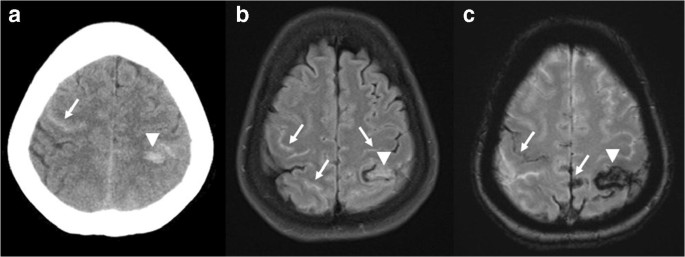






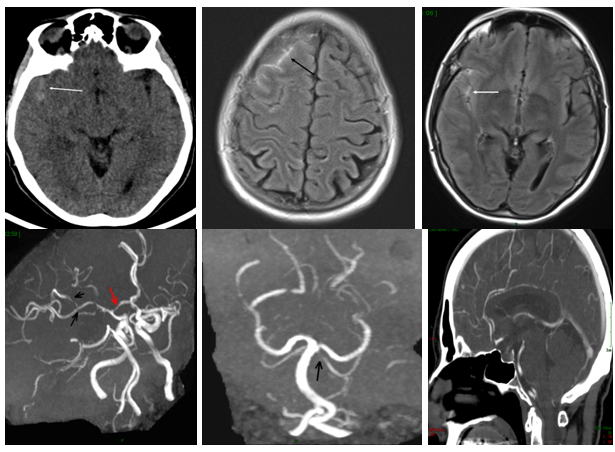
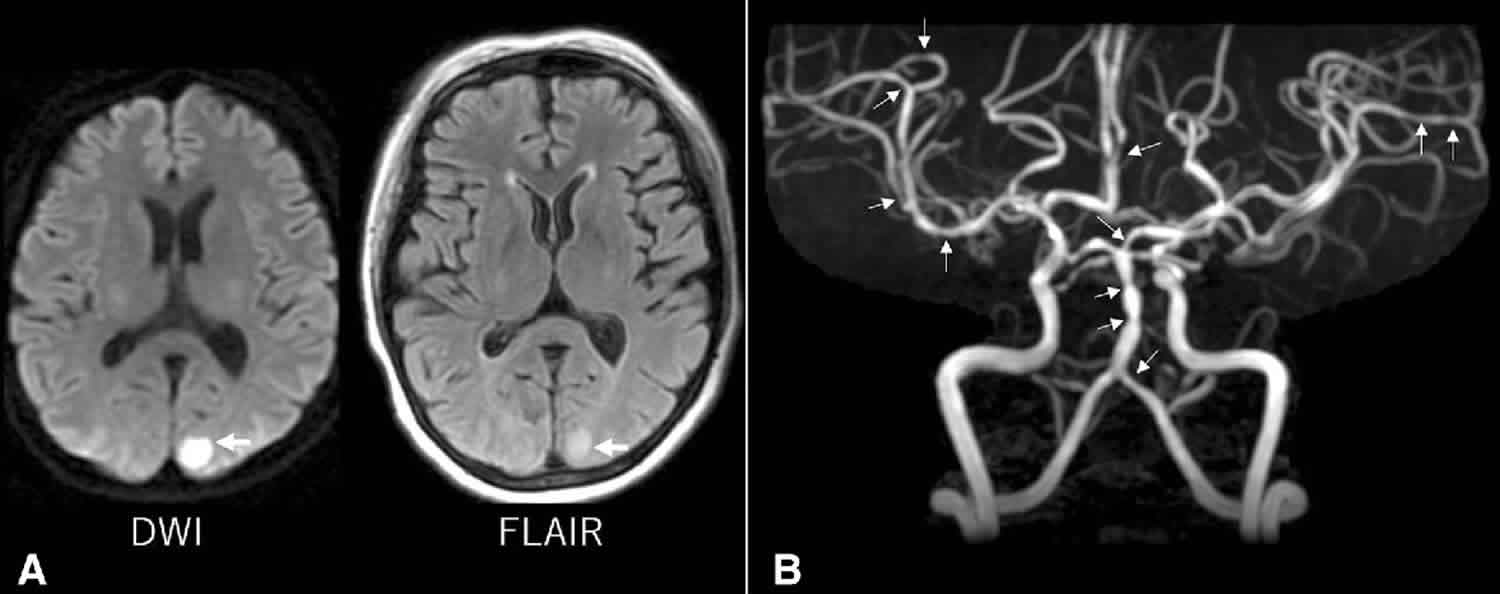

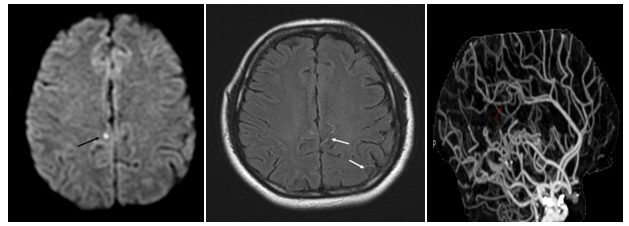


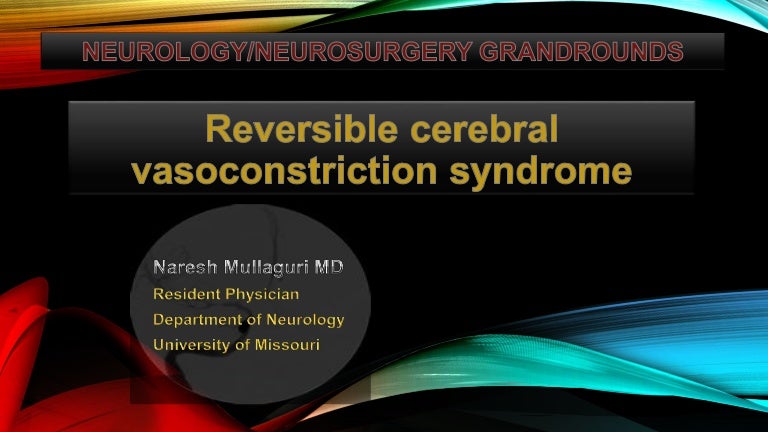
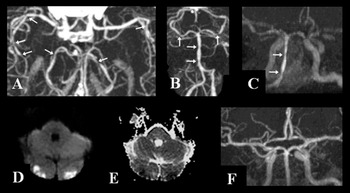


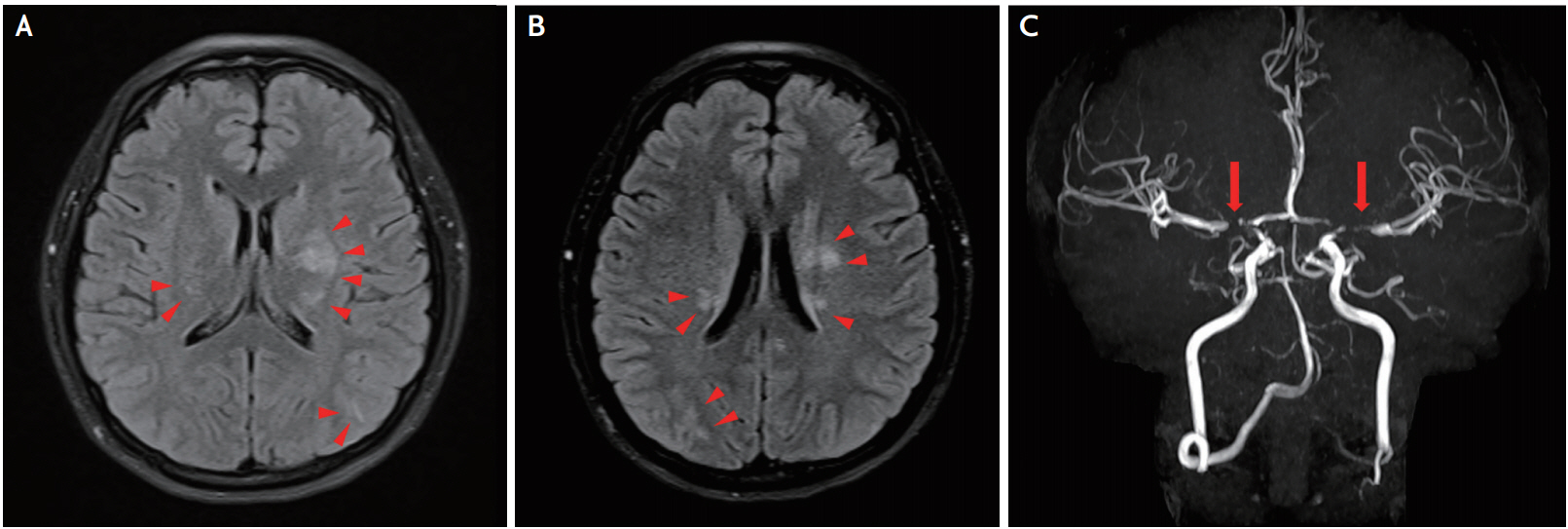

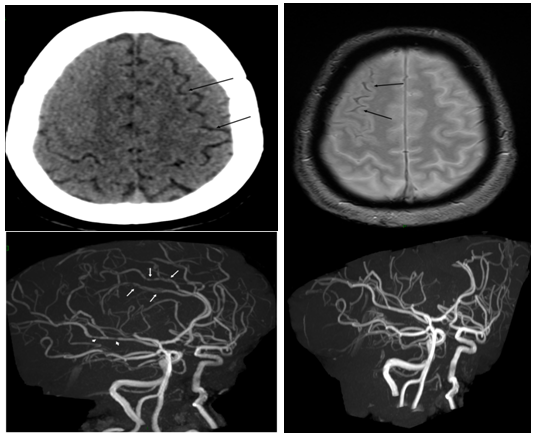







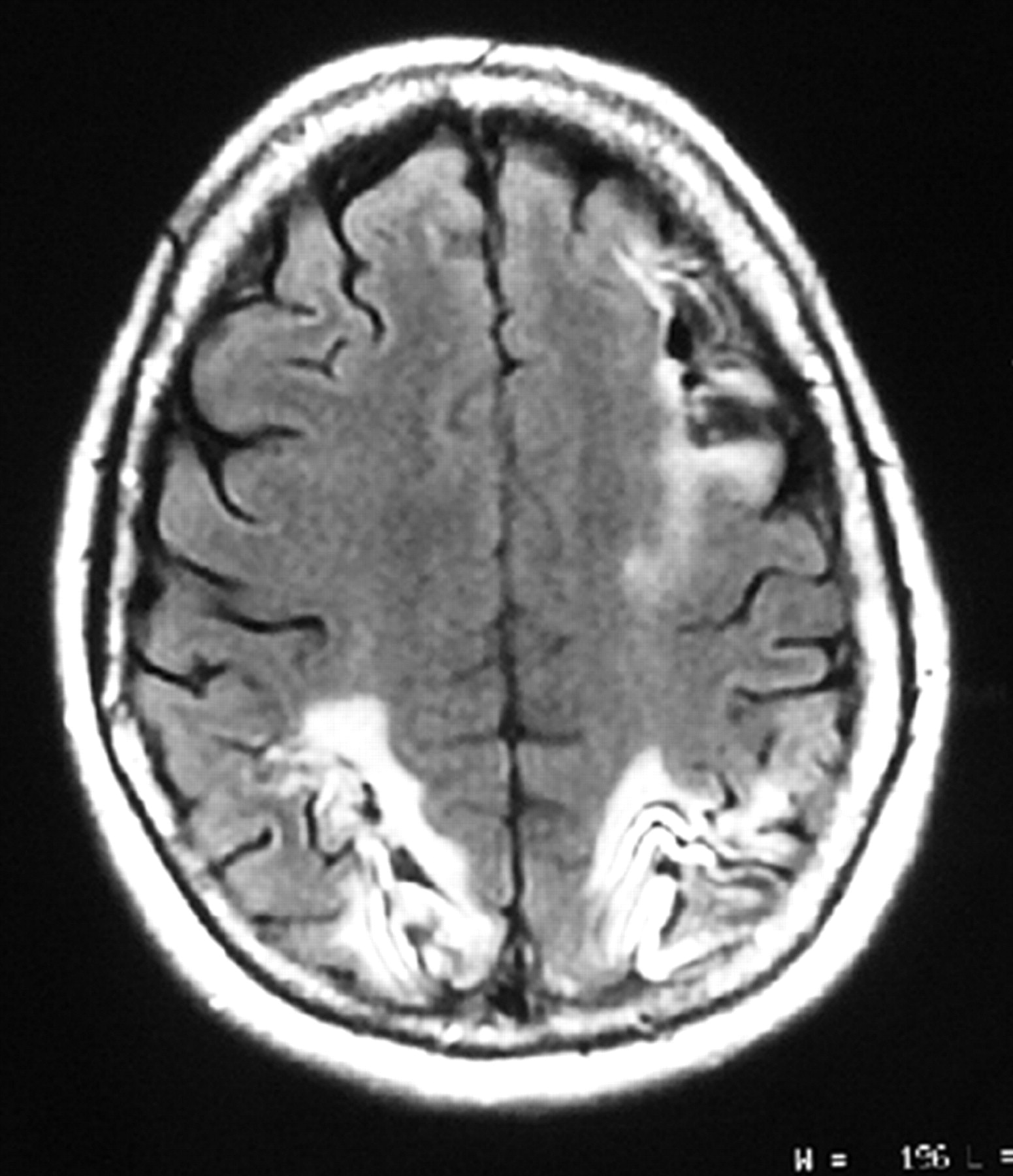






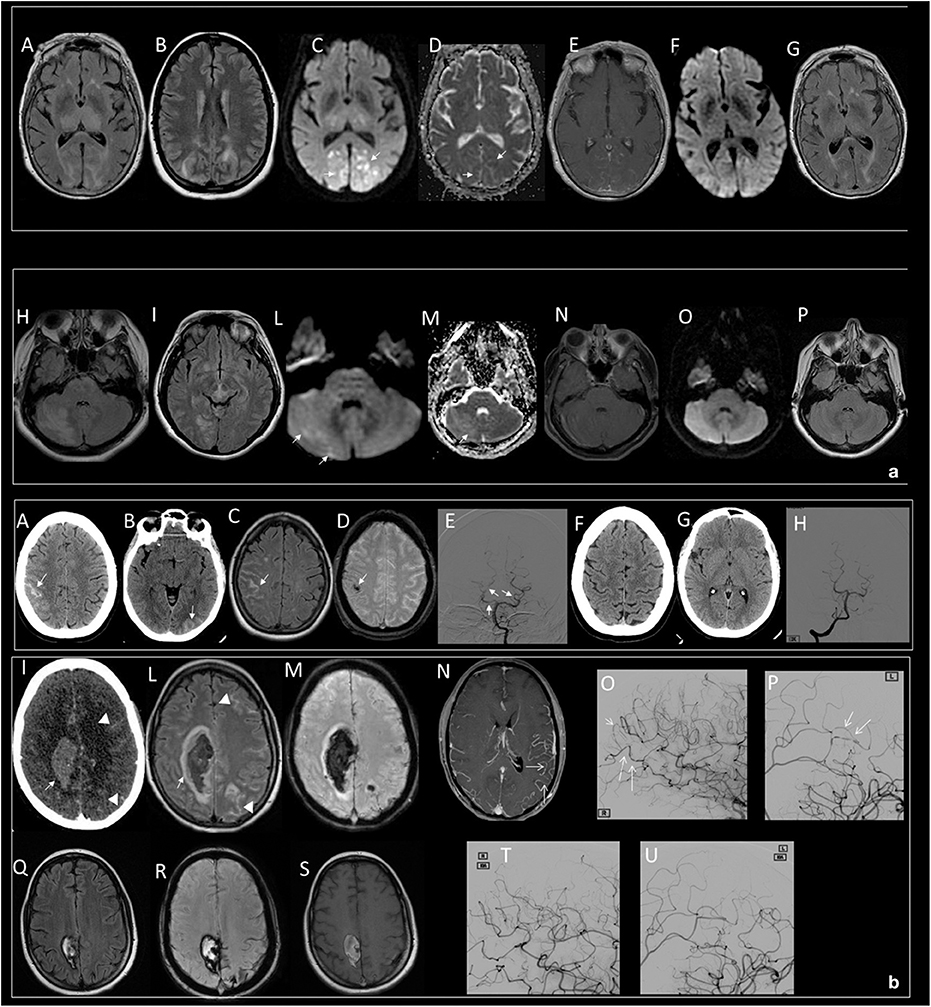




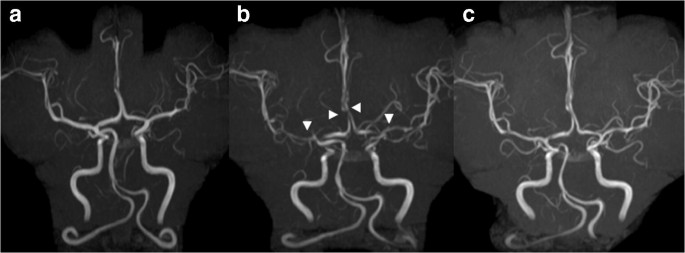
Post a Comment for "Reversible Cerebral Vasoconstriction Syndrome 2015"